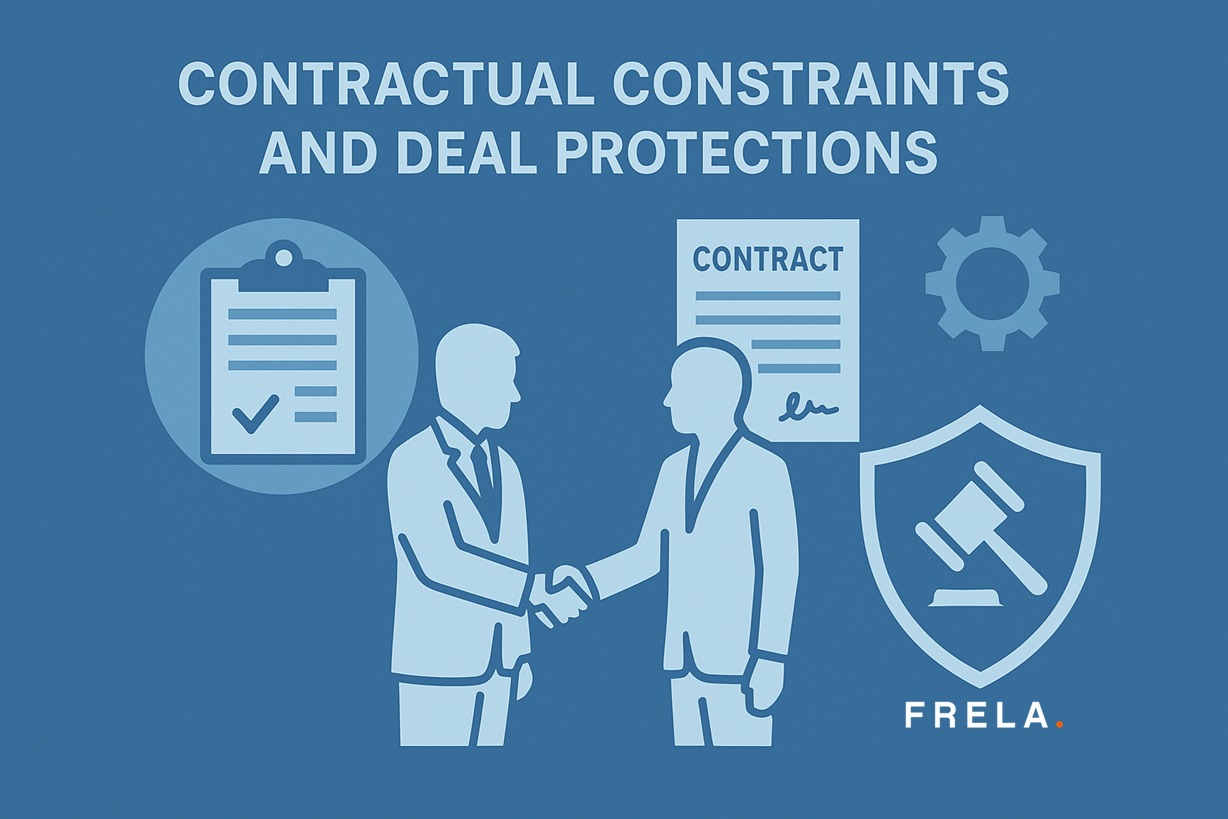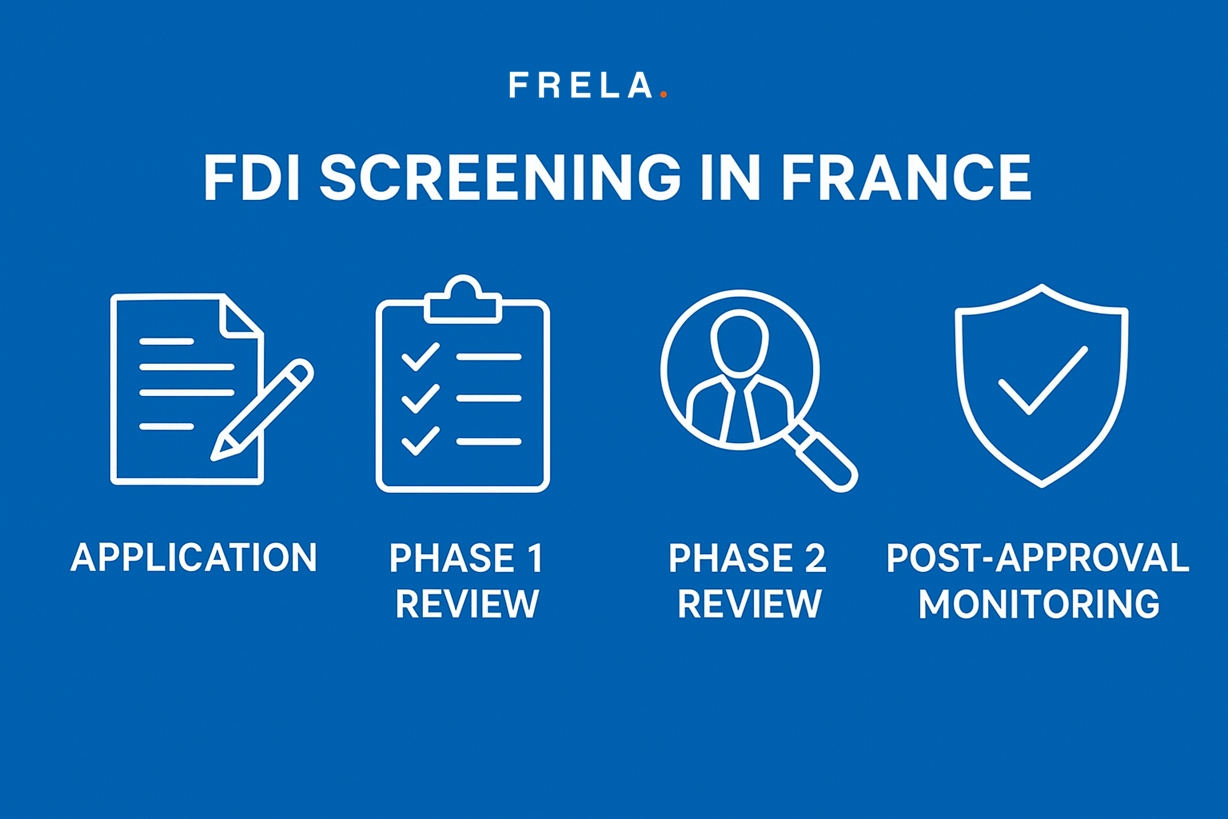Developing a franchise in France
Opening a franchise can be an attractive option for entrepreneurs who want to benefit from the reputation and marketing strategy of an established company. In France, specific legal requirements must be followed to develop a franchise.


What is a Franchise under french law ?
In French law, a franchise is a commercial contract between two parties, the franchisor and the franchisee. The franchisor is the company that owns a trademark, brand, or know-how that it allows the franchisee to use to operate a business in exchange for certain benefits. The franchisee is the entrepreneur who operates the business using the franchisor’s trademark, brand, or know-how, for a fee or a percentage of sales.
French law does not provide for any special legislation for franchises. They are subject to common contract law, as well as articles L330-3 and R330-1 et seq. of the French Commercial Code. The European Deontology Code of “Good Conduct for the Users of the Franchise in Europe” may also apply.
There are three types of franchise contracts: production franchise, distribution franchise, and service franchise.
A production franchise allows the franchisee to access the franchisor’s manufacturing know-how. The franchisee is authorized to sell products under the franchisor’s brand.
A distribution franchise allows the franchisee to sell the franchisor’s products in a point of sale bearing the company’s brand.
A service franchise is similar to a distribution franchise, but concerns service offerings. The franchisee is authorized to sell services under the franchisor’s brand.
Factors to consider for your project
Finding the right Franchise
The first step in opening a franchise is finding the right one for you.
Contacting the Franchise
Once you have found a franchise that interests you, you will need to contact the company to learn more about the process of opening a franchise.
Examining the legal documentation
After contacting the franchise, you will receive an information folder that contains details on the rights and obligations of franchisees. This is an important document that should be carefully examined by a specialized lawyer. The information folder should contain information on costs, fees, training, marketing and advertising obligations, management requirements, contract duration, and terms of renewal or termination.
Evaluating costs
Opening a franchise often involves significant costs, including initial fees, training fees, royalties, and marketing costs. You must be able to evaluate these costs to determine if you have the financial means to open and maintain a franchise.
Creating the Franchise
Choosing the legal status and creating the business
As with any business creation, it is important to choose the legal status under which the activity will be carried out when creating a franchise business. This choice must be made taking into account various criteria such as the nature of the activity, the number of associates, the tax system, the social protection of the manager, and other relevant factors.
It is possible to create a sole proprietorship if you are the only associate, such as an EURL or a SASU. If you want to work with several associates, it is advisable to choose an SARL or a SAS. Once the legal status has been chosen, the articles of association of the company must be drafted. Then, the company must be registered with the National Institute of Industrial Property (INPI).
The Franchise contract
Once the business is created and the franchisor is found, the franchisor and the franchisee can conclude a franchise contract. It is essential that certain elements be included in franchise contracts, such as the duration of the contract, the nature of the transfer between the franchisor and the franchisee, non-compete or non-affiliation clauses, details of the franchisee’s financial obligations, and the extent of exclusivity.
In order to allow the future franchisee to make an informed decision, the franchisor is required to provide them with a pre-contractual information document (DIP) no later than 20 days before the signing of the contract. This document contains the main information about the financial health of the company, its market and its franchise network. Once the 20-day regulatory period, corresponding to a mandatory reflection period for the franchisee, has elapsed and the two parties are in agreement, the franchise contract can be signed.
The franchise contract establishes obligations for both parties involved, namely the franchisor and the franchisee. The franchisor’s obligations include the transfer of know-how to the franchisee, the provision of distinctive signs of the brand or network, the granting of commercial assistance during the entire duration of the contract, as well as the control of compliance with the standards established by the franchise contract. In addition, although optional, it is almost systematic that the franchisor grants territorial exclusivity to the franchisee, undertaking not to compete with them, whether directly or indirectly.
As for the obligations of the franchisee, they are required not to carry out any activity on their territory that could compete with the brand or activity of the franchisor, to purchase supplies within the franchisor’s network, and to maintain the franchise activity within the geographical area and according to the rules established by both parties.
Opening a franchise in France can be a worthwhile investment for entrepreneurs looking to start a business while benefiting from the reputation and expertise of an established company. However, it is crucial to take into account the specific legal requirements and financial considerations of franchise development in France. By doing so, you can increase your chances of success and establish a profitable franchise.
Discover our exclusive service tailored for Master Franchises in France. Learn more at : FrenchMasterFranchise.com
About the Author :
Business lawyer, bilingual, specialized in acquisition law; Benoit Lafourcade is co-founder of Delcade lawyers & solicitors and founder of FRELA; registered as agents in personal and professional real estate transactions. Member of AAMTI (main association of French lawyers and agents).
FRELA : French Real Estate Lawyer Agency, specializing in acquisition law to secure real estate and business transactions in France.
Paris, 19 Rue du Colisée, 75008 Paris
Bordeaux, 24 Rue du manège, 33000 Bordeaux
Lille, 40 rue du Théâtre, 59800 Lille





